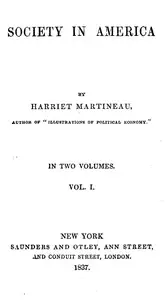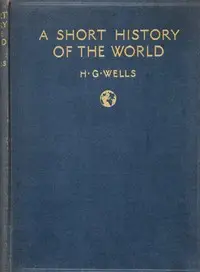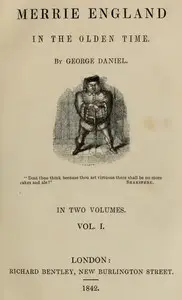"Lectures on the French Revolution" by John Emerich Edward Dalberg Acton is a historical account written in the late 19th century. This work is a collection of lectures that examines the complex causes and ideas that led to the French Revolution, particularly focusing on political thought, social change, and the influential figures of the period. Acton explores the historical context and the philosophical shifts that contributed to the revolutionary fervor, aiming to provide a thorough understanding of the Revolution's impact on modern governance. At the start of this work, Acton delves into the foundational ideas behind the French Revolution, emphasizing how historical influences and the evolution of thought contributed to the revolutionary climate of the late 18th century. He discusses the inadequacies of the French monarchy in addressing the needs of the populace and details how the Third Estate, fueled by growing economic and social discontent, demanded representation and reform. The opening portion sets the stage for a deeper exploration of key figures, philosophical underpinnings, and significant events, establishing that the Revolution was not an impulsive outburst but rather the culmination of long-standing grievances and ideologies that sought to redefine governance in France. (This is an automatically generated summary.)

Lectures on the French Revolution
By John Emerich Edward Dalberg Acton Acton
"Lectures on the French Revolution" by John Emerich Edward Dalberg Acton is a historical account written in the late 19th century. This work is a coll...
John Emerich Edward Dalberg-Acton, 1st Baron Acton, 13th Marquess of Groppoli,, better known as Lord Acton, was an English Catholic historian, politician, and writer. A strong advocate for individual liberty, Acton is best known for his timeless observation on the dangers of concentrated authority. In an 1887 letter to an Anglican bishop, he famously wrote, "Power tends to corrupt, and absolute power corrupts absolutely," underscoring his belief that unchecked power poses the greatest threat to human freedom. His works consistently emphasized the importance of limiting governmental and institutional power in favor of individual rights and personal liberty.

















